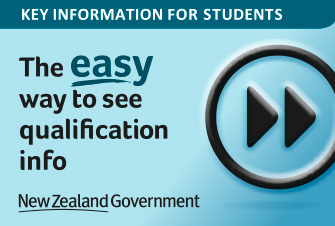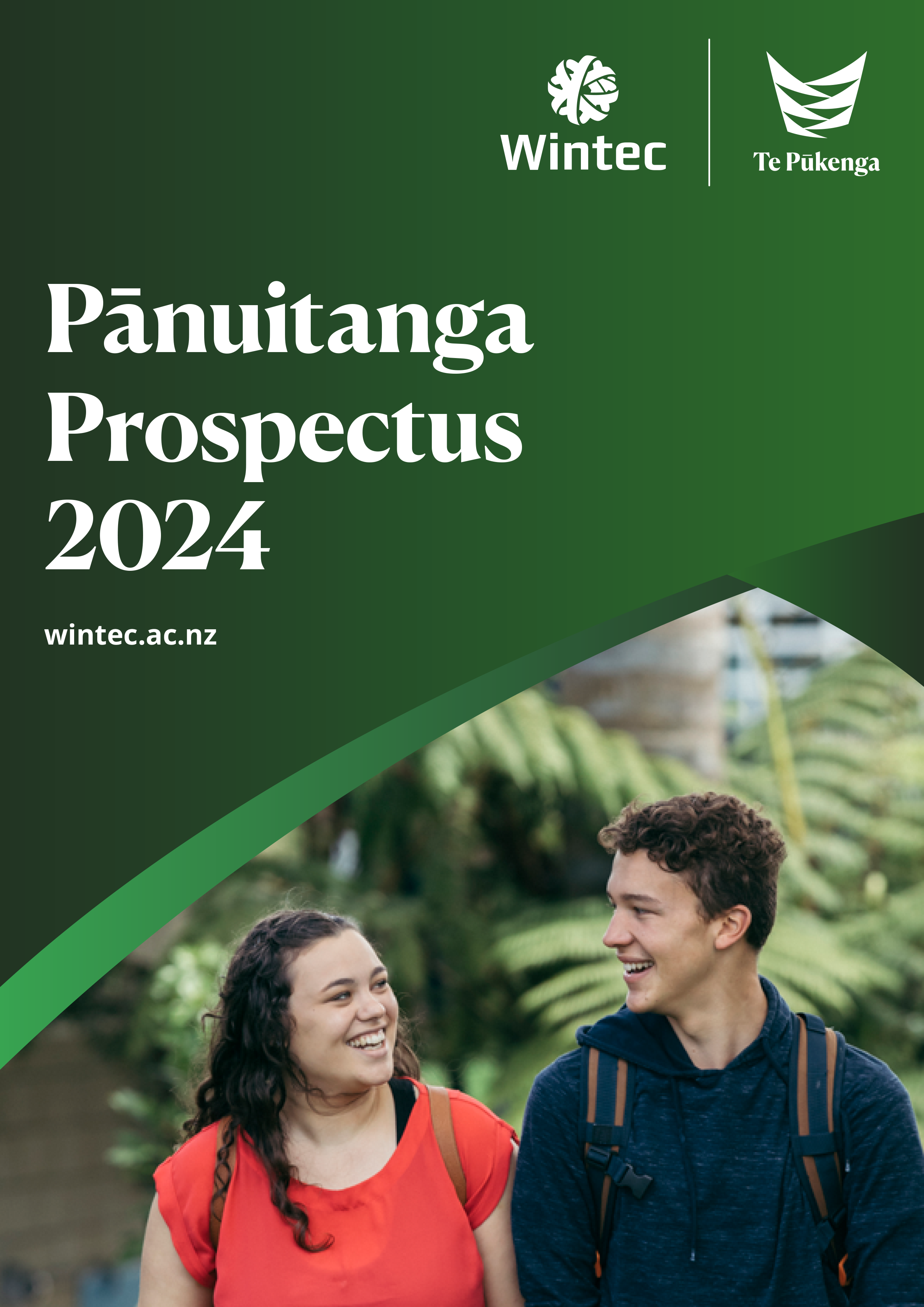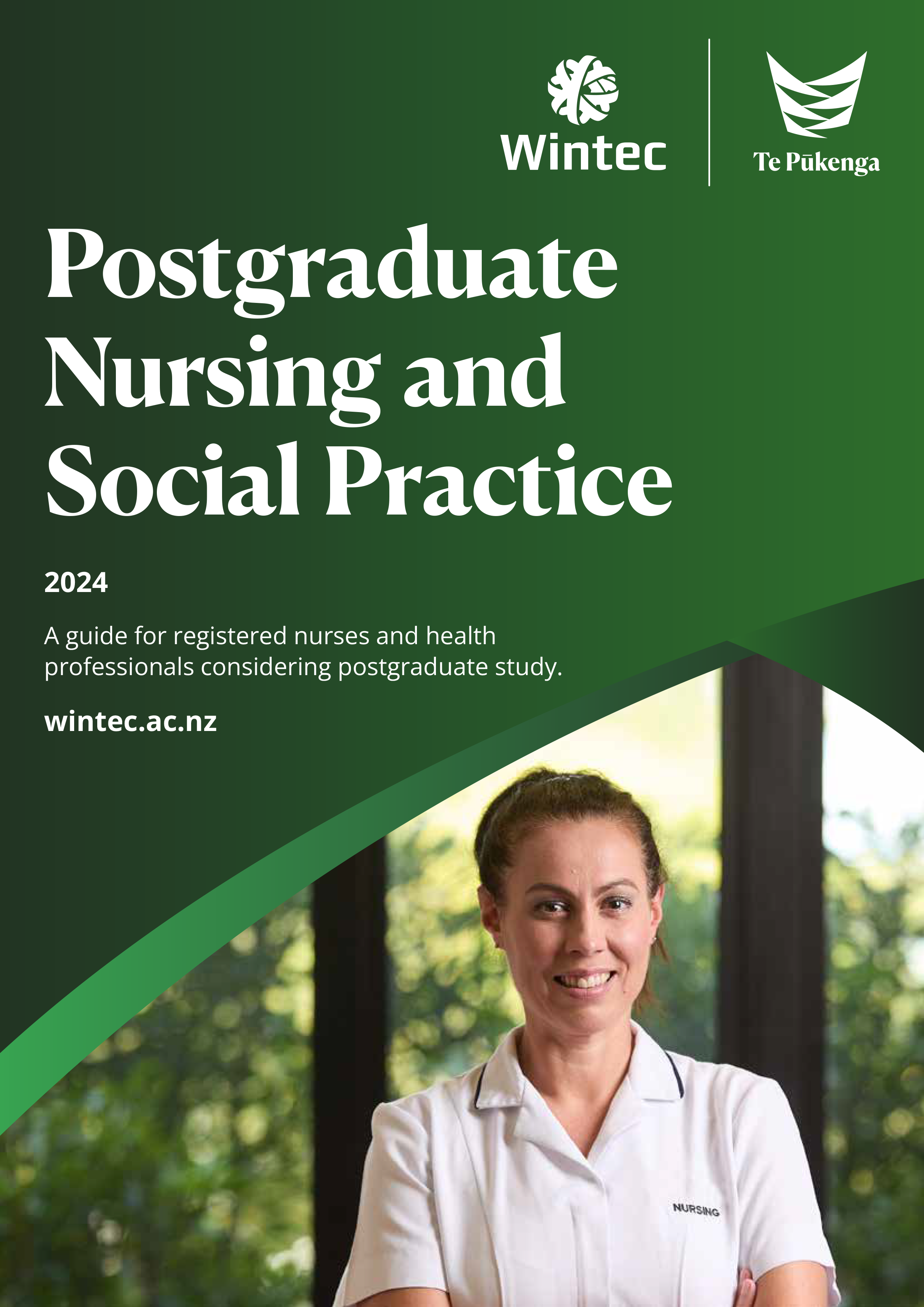Graduate Diploma in Teaching English to Speakers of Other Languages
Incorporating the Graduate Certificate in Teaching English to Speakers of Other Languages
ES0101
Course details
- One year full-time or two years part-time
- Full-time or Part-time
- $7,340*
- Level 7
- Available for International Students. International Fee Guideline
- Hamilton City Campus
- Graduate Certificate
in Teaching English to Speakers of Other Languages: One semester full-time, one or two years part-time. - Graduate Diploma in Teaching English to Speakers of Other Languages: One year full-time, two years or longer part-time.
Please note, places on this programme are limited.
Summary
This programme is designed for those who want to work with people learning English as a second or additional language. These programmes are suitable for trained teachers as well as those with little or no teaching experience.
If students are currently teaching in primary, secondary, and tertiary education, they will be able to apply and integrate specialist knowledge and practical skills relating to teaching English to speakers of other languages to the students they teach.
Students with limited teaching experience or who are not currently teaching will be able to observe English language teaching and learning in a range of authentic classrooms and will complete a supervised teaching practicum with adult learners.
What you will learn
Students will gain knowledge and practical skills relating to teaching English to speakers of other languages (ESOL) as well as the experience of applying and integrating these into particular teaching contexts. Students will gain knowledge of English linguistics, learners and language learning processes, and language teaching methodology. Students will also gain the experience of beginning to learn a new language and reflecting on their own language learning, and apply this experience to teach those who are learning English as a second or additional language.
If exiting the programme after successfully completing the first five modules, students are awarded the Graduate Certificate in Teaching English to Speakers of Other Languages.
View programme modules
Group A Compulsory modules
| Module Code | Module Name | Level | Credits | Pre-requisites | Co-requisites |
|---|---|---|---|---|---|
| ESTE601 | Language Learning Experience | 6 | 5 | ESTE602 | |
| ESTE602 | Language Learning Reflections | 6 | 10 | ESTE601 | |
| ESTE603B | Linguistics for Language Teaching | 7 | 15 | | |
| ESTE604B or ESTE605B | Learners and Language Learning Processes
or Learners and Language Learning Processes | 7
7 | 15
15 | | |
| ESTE701 or ESTE702 | Language Teaching Methodology and Practice
or Language Teaching Methodology and Practice | 7
7 | 15
15 | |
Group B Additional compulsory modules
Scheduling and workload
The TESOL programme is run over a 15-week semester. In general, there is one three-hour class for each module taken, although two of the modules have some extra time required for certain parts of the semester. There is plenty of time between classes to work on assessment tasks.
Career/further opportunities
Graduates may be employed teaching English to English learners in the primary, secondary, or tertiary education sectors in New Zealand or overseas.Frequently asked questions
What can I expect from the class schedule and workload?
How much time outside of class will I need to spend on study?
What opportunities will I get to work in industry?
Are there any additional costs associated with this programme?
Will this programme be covered by the Government’s fees-free initiative?
What support will I get while I study?
Undergraduate, semester, pathway and module – what do these words mean?
Events
No events.
Disclaimers
Entry criteria
General academic admission
a) Candidates who have a professional teaching qualification suitable for registration as a teacher, or
b) who have a Level 7 degree qualification
Special admission
Domestic applicants aged 20 years or above who have not met the General Admission or entry requirements for a programme but whose skills, education or work experience indicate that they have a reasonable chance of success1 may be eligible for Special
Admission. Special admission will be granted at the discretion of the Centre Director or designated nominee. Such applicants may be required to successfully complete a foundation, bridging or tertiary introductory programme as a condition of entry
into higher level programmes.
Provisional entry
Domestic applicants aged under 20 years who have not met the general academic admission and entry criteria for a programme but who can demonstrate a reasonable chance of success through other educational attainment and/or work or life experience may be eligible for provisional entry at the discretion of the Centre Director or designated nominee. Provisional entry places restrictions on re-enrolment to be lifted if the applicant’s performance is deemed satisfactory by the Centre Director or designated nominee.
Selection criteria
Candidates who do not have either a professional teaching qualification for registration as a teacher or a Level 7 degree qualification are required to attend an interview and complete a selection task (e.g. Language Awareness task) to demonstrate written literacy and language analysis skills at a level suitable for classroom language teaching.
English language requirements
Candidates who have English as a second language are required to have an International English Language Test System (IELTS) score of 6.0, with no individual band score lower than 5.5; or equivalent.
Safety check
In order to comply with the provisions of the Vulnerable Children Act, 2014 and Wintec Child Protection Policies for all ‘specified organisations’ providing a ‘regulated service’, all candidates/students may be subjected to safety checking. These will include but are not limited to :
- A formal interview
- Identification checks
- Referee checks
- Police vetting
- A risk assessment
Any unsatisfactory result arising from the full safety checking process may result in the candidate/student being precluded/declined entry or withdrawn from the programme of study. Furthermore, students must declare any pending or new convictions arising during any stage throughout the entire enrolment period. A conviction or failure to declare a conviction may also result in the student being immediately withdrawn from the programme.
Persons who are convicted of ‘specified offences’ will not be accepted onto any programme that requires that Person to work in an organisation providing a regulated service.
Pathways
To check what you need to gain entry to a course, review the entry criteria available on each programme page. These assist you in understanding what qualifications or experience are typically required to gain entry. You can contact our team at info@wintec.ac.nz or 0800 2 Wintec at any time for further guidance.
Your first day
Are you ready for your first day of class? Check out your start date and where you need to be. You can also find useful information about studying at Wintec on our welcome page.
Your first day is dependent on the modules selected. You are required to attend the sessions for your selected modules.
Students starting Semester 2 2023
| Module code | Module name | First day | Time | Venue |
| ESTE601 | Language Learning Experience | Tuesday 18 July 2023 | 4.15pm-7.15pm | Dlg.26 |
| ESTE602 | Language Learning Reflections | Tuesday 18 July 2023 | 4.15pm-7.15pm | Dlg.26 |
| ESTE603B | Linguistics for Language Teaching | Monday 17 July 2023 | 10am-1pm | Dlg.26 |
| ESTE604B or ESTE 605B | Learners and Language Learning Processes | Wednesday 19 July 2023 | 10am-1pm | Dlg.26 |
| ESTE701 or ESTE702 | Language Teaching Methodology and Practice | Thursday 20 July 2023 | 4.15pm-7.15pm | Dlg.26 |
| ESTE703 | Evaluating and Developing Assessment Tasks | Tuesday 18 July 2023 | 10am-1pm | Dlg.26 |
| ESTE704 | Curriculum and Materials Design | Wednesday 19 July 2023 | 4.15pm-7.15pm | Dlg.26 |
Prospectus (course guide)
The Wintec Prospectus (otherwise known as a course guide) outlines everything you need to know about Wintec. It contains information about the Wintec campuses, student life, and the programmes that are on offer.
Access your copy of the Wintec Prospectus
The Wintec Prospectus (course guide) is available by downloading the file - click on the document below to access the file. Alternatively, to request a copy via email or the post, please complete the form below.
Request an emailable or printed copy of the Prospectus
Portfolio
Need help? Want to know how to get started?
Leave your details here and we will come back to you:





